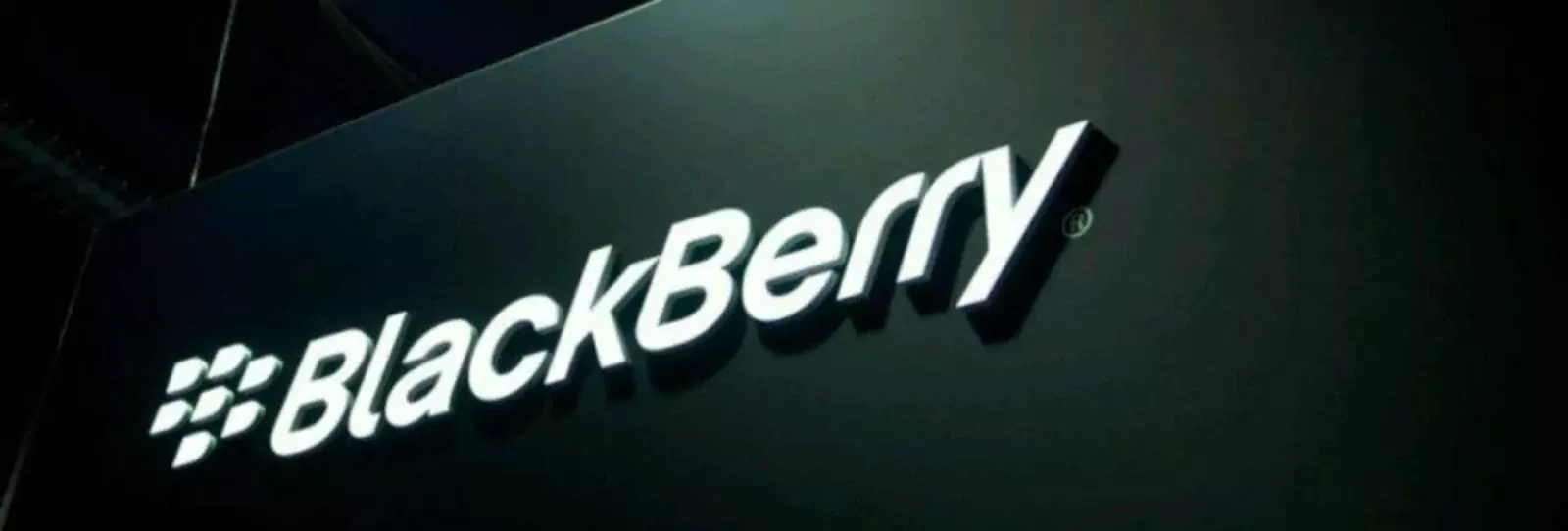BlackBerry today announced that its Board of Directors has authorized a share repurchase program to purchase for cancellation up to 12 million BlackBerry common shares, or approximately 2.6% of the outstanding public float. BlackBerry can purchase the common shares over the Nasdaq Stock Market or, subject to regulatory approval, on the Toronto Stock Exchange (the “TSX”) or other markets. In the past 12 months, BlackBerry has not repurchased any of its outstanding securities.
At its annual meeting of shareholders on June 23, 2015, BlackBerry will present for approval a new employee share purchase plan and a proposed increase in the number of shares available under BlackBerry’s equity incentive plan. If these proposals are approved by shareholders at the meeting, BlackBerry will file a notice of intention to commence a normal course issuer bid with the TSX. The share repurchase program would remain in place for up to 12 months from acceptance of the notice of intention by the TSX, or such earlier time as the purchases are completed or the program is terminated by BlackBerry. If the proposals are not approved by shareholders, BlackBerry does not expect that it will proceed with the share repurchase program.
“The purpose of this repurchase program will be to offset dilution that may result from our proposed employee share purchase plan and from proposed amendments to our equity incentive plan,” said BlackBerry Executive Chairman and CEO, John Chen.
“We intend to take advantage of our strong cash position to purchase our shares when the market price does not reflect what we view to be the underlying value and future prospects of our business, without adversely affecting our strategic initiatives,” added Mr. Chen.
Buyback is a term used when a company repurchases outstanding shares so that the number of shares in the market is reduced. It is also known as stock buyback or stock repurchase plan. The strategy of buyback is mainly applied when a company wants to increase the value of available shares and to assure that they are not threatened by share holders who want control over their stake. In short, if a company is looking for a self investment, then they can carry out the buyback concept.
If a company holds majority of its shares, then it becomes impossible or expensive for another company to acquire it. Buyback can be carried on gradually or all at once. Buyback can also be an attempt made by a company to increase the value per share by reducing the number of shares available in the market. If a company feels that a certain investor is unfair to the firm and is considering a hostile takeover, then it may buyback a block of stock hold by the investor.
The price that BlackBerry will pay for any shares under the share repurchase program will be the prevailing market price at the time of purchase. The share repurchase program will be effected in accordance with Rule 10b-18 under the U.S. Securities Exchange Act of 1934 and the TSX’s normal course issuer bid rules, which contain restrictions on the number of shares that may be purchased on a single day, subject to certain exceptions for block purchases, based on the average daily trading volumes of BlackBerry’s shares on the applicable exchange. In addition, BlackBerry may enter into forward purchase or swap contracts in connection with common shares which may be settled by physical settlement, cash settlement or a combination thereof. The forward price will be based on market price, dividend yield and market interest rates.
The actual number of shares to be purchased and the timing and pricing of any purchases under the share repurchase program will depend on future market conditions and upon potential alternative uses for cash resources. There is no assurance that any shares will be purchased under the share repurchase program and BlackBerry may elect to modify, suspend or discontinue the program at any time without prior notice.
This is not the first time that BlackBerry (at the time known as RIM) have bought back shares. Back in November 2009, RIM announced it would buy back 1.2 billion US dollars worth of its stock to prop up the sagging share price amid heightened competition. The buyback strategy at that time, turned out to be a bit of a flop.



